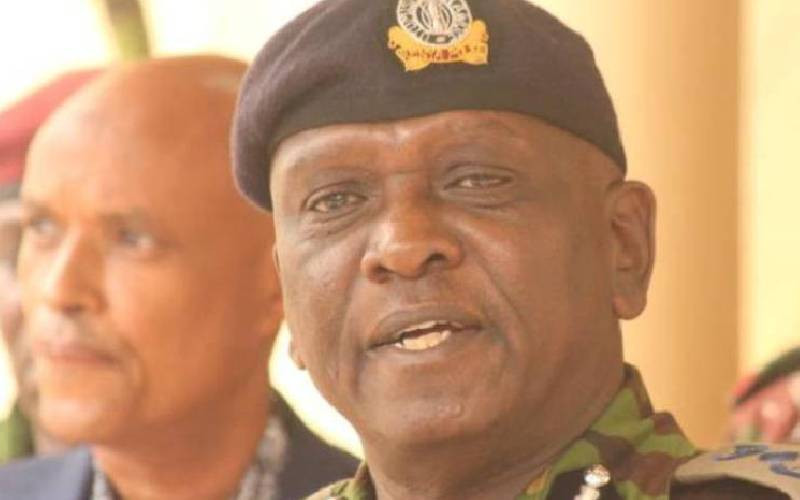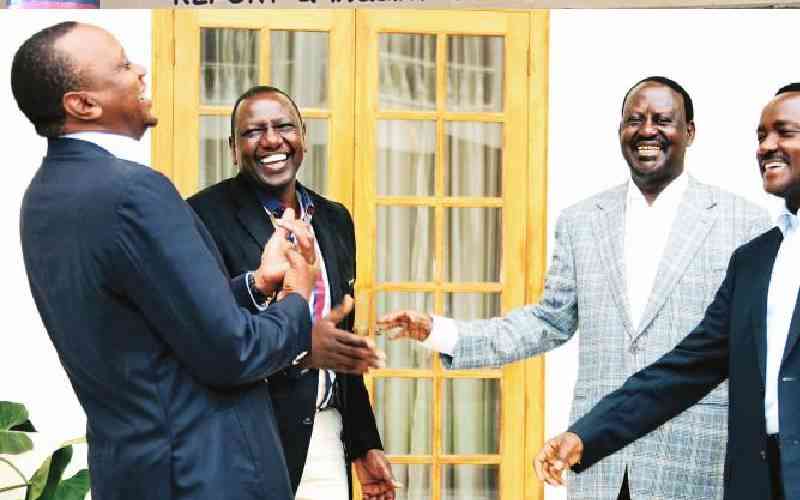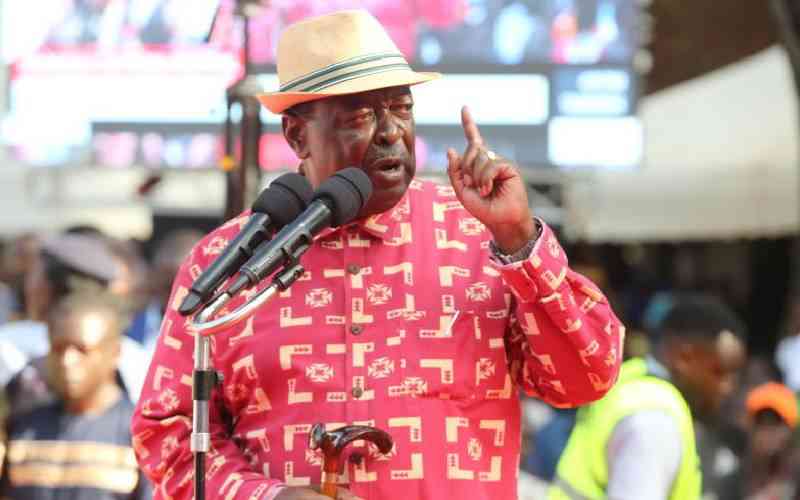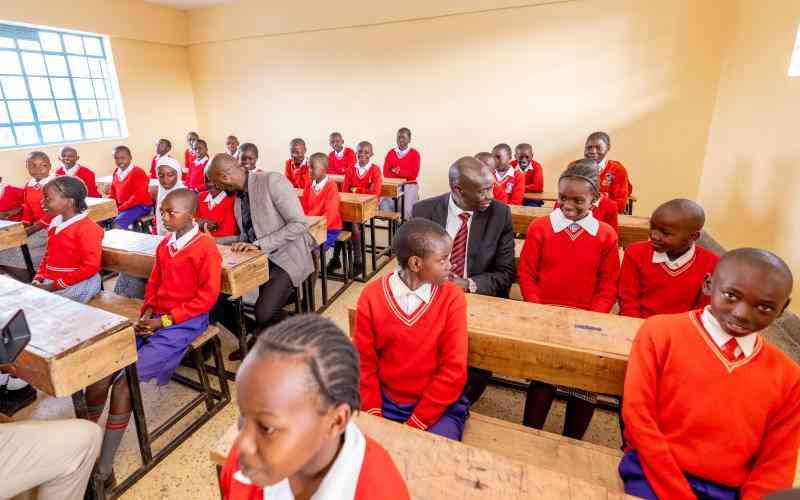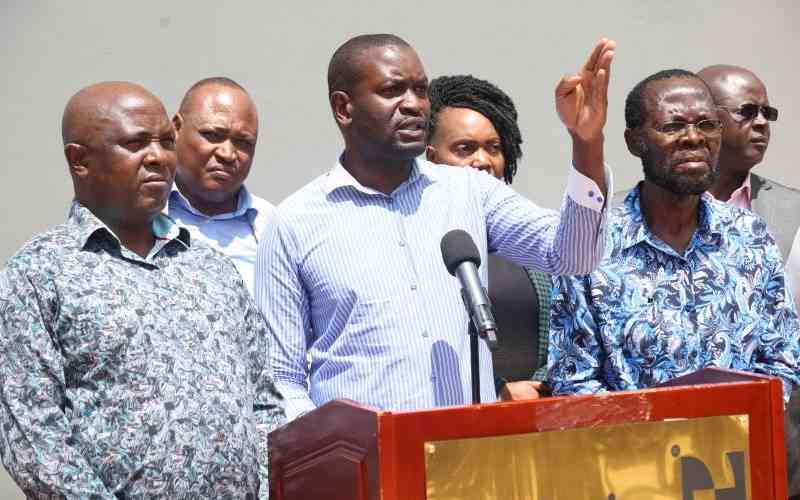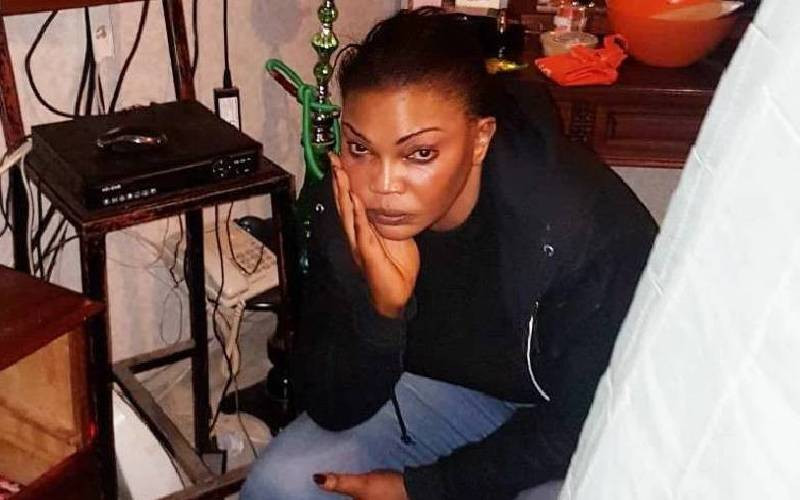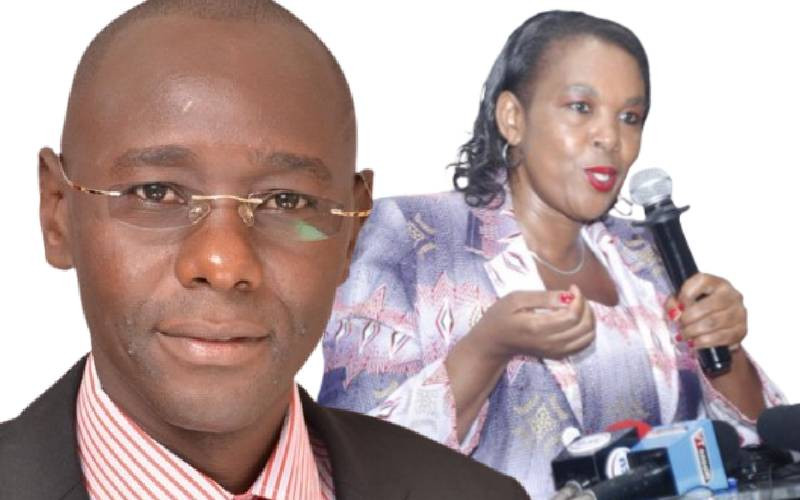
On August 12, the day the world was observing the International Youth Day, the United Nations put out a concept note titled "Youth Engagement for Global Action". The logic behind the concept note was that in many places around the world youth are not engaged or listened to.
"Young people in particular regularly state that their voices are not sufficiently taken into account, their needs sufficiently understood and met, and that their engagement and empowerment in various processes is still lacking," the United Nations Department of Economic and Social Affairs stated a few months ago.
But, as the youth here say, things on the ground are different
One person who perhaps heard, or just as likely, understood innately this need, was President Uhuru Kenyatta.
He identifies with the youth and children and has understood the need to hear their voices.
The president has created programmes and projects, like the Kazi Mtaani and Ajira digital programme, for the youth to address their needs for a brighter future.
It is little coincidence that the National Youth Council became operational and a significant institution at the beginning of President Kenyatta’s first term. The agency has become a beacon of youth empowerment facilitating the participation and inclusion of the youth in national affairs.
In July, the NYC came up with the idea of the Fursa vs Virus Challenge to facilitate the creation of tech and non-tech solutions to the challenges posed by the coronavirus pandemic and for the economic recovery of the country.
The winning entries would engage with the president.
In fact, Uhuru declared the winners on International Youth Day 2020 and lauded the participants for meeting the challenge. Listening to the president, one could hear how seriously he took the ideas presented by the winners. He wanted to hear more and was genuinely excited about meeting the winners, who he invited to listen to their full pitches.
"The youth are a vast reservoir of creativity. They are our most valued asset," he stated during the winners’ announcement. He immediately directed the department of youth to help and support the winners, and especially to ensure their intellectual and property rights would be safeguarded.
Just recently, President Uhuru launched General Unlimited partnership (GenU) in Kenya. GenU is a global partnership meant to empower youth between the age of 10 and 24 through education, training, employment and engagement.
The term Uhuru uses time and again is ‘transformative’, and he does not hide the connection between empowering the youth, fulfilling his Big Four Agenda and Vision 2030.
He challenges the youth and does not disregard or patronise them.
Stay informed. Subscribe to our newsletter
The president sees the role they have to play in our society’s transformation towards becoming a middle-income nation and sees their full participation.
Youth are powering transformation, progress and development and cannot be a side issue.
Too many leaders disregard younger sectors of society because they generally have little wealth, and many cannot vote. Cynical politicians see little political ‘benefit’ in engaging them.
However, our president sees their benefit for society and finds a central role for the youth in every agenda or initiative he creates. As Uhuru says jokingly, they are not a 'side dish' but rather the main dish.
These local and international initiatives with future goals are all empty if they do not empower our youth. They are not only Kenya’s future; they are a large part of its present. As many as three-quarters of Kenyans are under 35.
Without providing a vision for this sector, Kenya as a whole is not moving forward. Our progress will be propelled by our youth.
Ms Anyango is a social commentator. [email protected]
 The Standard Group Plc is a
multi-media organization with investments in media platforms spanning newspaper
print operations, television, radio broadcasting, digital and online services. The
Standard Group is recognized as a leading multi-media house in Kenya with a key
influence in matters of national and international interest.
The Standard Group Plc is a
multi-media organization with investments in media platforms spanning newspaper
print operations, television, radio broadcasting, digital and online services. The
Standard Group is recognized as a leading multi-media house in Kenya with a key
influence in matters of national and international interest.
 The Standard Group Plc is a
multi-media organization with investments in media platforms spanning newspaper
print operations, television, radio broadcasting, digital and online services. The
Standard Group is recognized as a leading multi-media house in Kenya with a key
influence in matters of national and international interest.
The Standard Group Plc is a
multi-media organization with investments in media platforms spanning newspaper
print operations, television, radio broadcasting, digital and online services. The
Standard Group is recognized as a leading multi-media house in Kenya with a key
influence in matters of national and international interest.


